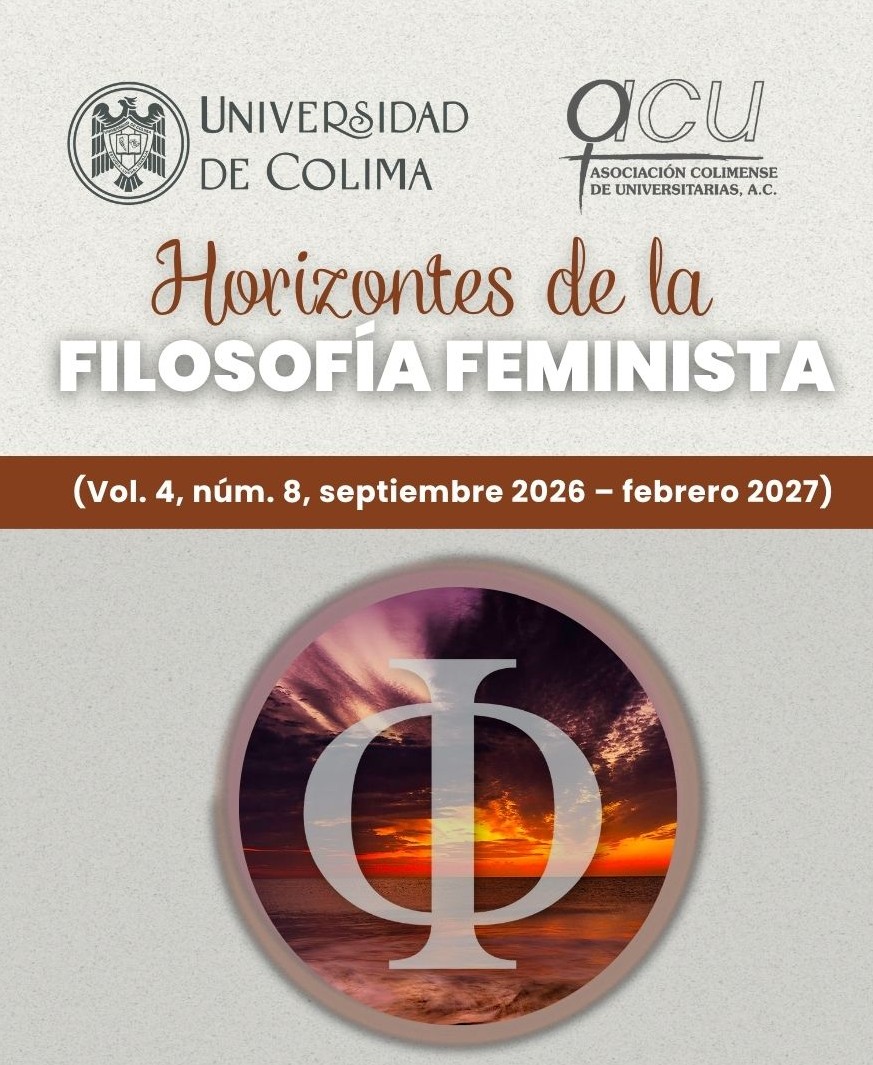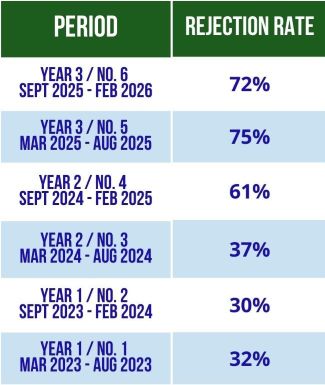Equal marriage in Cuba: a necessary evil
Keywords:
egalitarian marriage, Cuba, sexual rights, marxism, feminismAbstract
Although marriage and family are not the same, the former is the evidence of the recognition of rights and duties of the second, both in their interior and in their relationship with society. In most countries, and until very recently, marriage has been an exclusively heterosexual right, because it has been reserved for the union between a man and a woman, where reproduction has occupied a privileged place. This article deals with equal marriage rights in Cuba, and its possibilities to destabilize its institutional of the family and reproduction. For this, I analyze the combination of Marxism and feminism to enrich the debate on equal marriage in Cuba. Hence, the central question is: How to combine Marxism and feminism, to enrich the debate on equal marriage in Cuba? The essay contains two sections. In the first section, I present the main contributions of Marxism and feminism, both for and against the struggle for equal marriage. In the second one, I developed a line of reflection on the symbolic justification of this struggle in Cuba. This journey allows me to conclude that a defense of equal marriage in Cuba, which combines Marxist and feminist positions, enriches the struggle against its primary opponent: the Church.Downloads
Metrics
References
Baragaño, K.; Flores, M. A. y Hernández, G. C. (2015). Bases teóricas y conceptuales que fundamentan una alternativa científ ica de modif icación al código de familia cubano, para legitimar el matrimonio entre personas del mismo sexo. CD de Monografías 2015, Universidad de Matanzas. Consultado el 5 de agosto de 2019. Disponible en http://monografias.umcc.cu/monos/2015/CUM%20Colon/mo15211.pdf
Biglieri, P. (2013). Emancipaciones. Acerca de la aprobación de la ley del matrimo-nio igualitario en Argentina. En: Íconos, Revista de Ciencias Sociales, 46 (1), pp. 145-160. Consultado el 5 de agosto de 2019. Disponible en http://repositorio.flacsoandes.edu.ec/bitstream/10469/5159/1/RFLACSO-Ic46-10-Biglieri.pdf
Butler, J. (2000). Universalidades en competencia [versión electrónica]. En: J. Butler, E. Laclau y S. Zizek, (comps.), Contingencia, hegemonía, universalidad. Diálogos contemporáneos en la izquierda (pp. 141-184). Consultado el 5 de agosto de 2019. Disponible en https://programaddssrr.files.wordpress.com/2013/05/butler-j-laclau-e-c5beic5beek-s-contingencia-hegemonia-universalidad-2000_ocr.pdf
Conferencia de Obispos (2019). Mensaje pastoral de los obispos católicos de Cuba con oca-sión del proceso de consulta del Proyecto de Constitución de la República de Cuba. En: Nosotros Hoy. Servicio de Noticias de la Iglesia Católica en Cuba. Consulta-do el 5 de agosto de 2019. Disponible en https://iglesiacubana.org/cocc/pages/articles/843
Engels, F. (1884). El origen de la familia, la propiedad privada y el estado [versión elec-trónica]. En: Editorial Progreso, pp. 1-107. Consultado el 5 de agosto de 2019. Disponible en https://www.marxists.org/espanol/m-e/1880s/origen/el_origen_de_la_familia.pdf
Gimeno, B., y Barrientos, V. (2009). La institución matrimonial después del matrimo-nio homosexual. En: Íconos, Revista de Ciencias Sociales 35 (1), pp. 19-30. Con-sultado el 5 de agosto de 2019. Disponible en http://revistas.flacsoandes.edu.ec/iconos/article/view/379/366
Granma (2019, 24 de febrero). Constitución de la República de Cuba. [versión electró-nica]. En: Periódico Granma, pp. 6. Consultado el 5 de agosto de 2019. Disponible en http://www.granma.cu/file/pdf/gaceta/Nueva%20Constitución%20240%20KB-1.pdf?fbclid=IwAR3sjla5lSOdITJUlgZEsU_9cPl_QVR0jvYKga-nUuAwY5JKQ2U40hZvFk-M
Downloads
Published
How to Cite
Issue
Section
License

This work is licensed under a Creative Commons Attribution-NonCommercial-ShareAlike 4.0 International License.
GénEroos Magazine allows you to share, copy and redistribute the material in any medium or format; adapt, remix, transform and build upon the material, crediting the work appropriately and providing a link to the licence, indicating if changes have been made.








